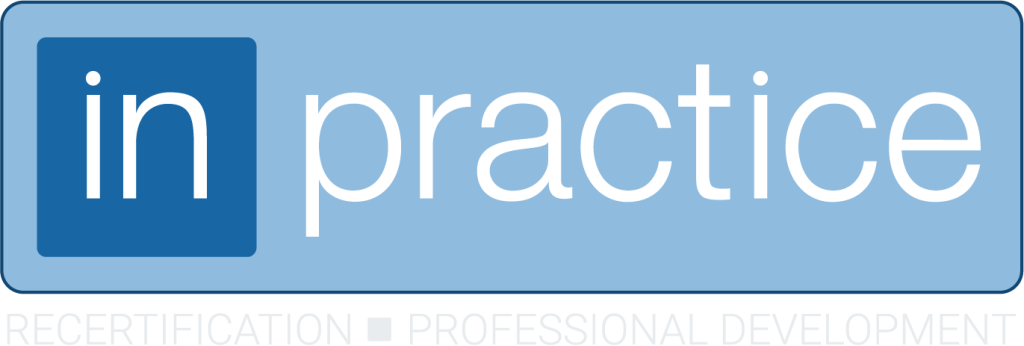Collegial Relationship Meetings
Collegial Relationship
All doctors need personal, educational and professional support throughout their careers. A collegial relationship is one way of providing such support, as the person providing the collegial relationship can offer a valuable source of mentoring for both career selection and advancement.
InPractice requires all doctors participating in the programme to establish and maintain a collegial relationship with a vocationally registered colleague working in the same or similar scope of practice to that in which the doctor usually work and meet 4 times per year.
To make the most out of the mentoring process, it is worth remembering that mentoring is a shared job. While the colleague may provide the support, the doctor must be open and receptive to the feedback, and trust the colleague to speak openly to them.
Roles and Responsibilities
Colleagues should be a role model of good medical practice, a sounding board for the doctor and a resource in times of difficulty. It is important to note that the collegial relationship is not a supervisory relationship and colleagues are not required to supervise a doctor’s practice. Neither is the colleague responsible or liable for a doctors clinical decisions, unless the colleague has been directly involved in the care of the doctor’s patients.
The doctor is responsible for maintaining the collegial relationship. This means they are required to:
- Organise meetings, and
- Ensure adequate records of the meetings with their colleague are recorded in their ePortfolio
The responsibilities of the colleague providing the collegial relationship are to:
- Be available for meetings
- Ensure the doctor is not professionally isolated
- Review, with the doctor, the appropriateness of the activities recorded in the doctors ePortfolio
- Assist the doctor to review feedback on their practice
To support the colleague in meeting these responsibilities, InPractice will provide the colleague with independent access to the doctor’s ePortfolio, allowing them to review the doctor’s progress at their convenience.
Suggested Topics
Below you’ll find a list of suggested topics to guide the content of your collegial relationship meetings.
Many of these suggestions focus on activities recorded within the doctor’s ePortfolio, therefore it will be useful to have access to the internet during meetings
Topic suggestions:
- Professional development plan
- Reviewing colleague feedback
- Reviewing peer review activities
- Reviewing continuing medical education (CME) activities
- Regular practice review visit
- Audit
- Discussions of non-clinical issues
- Self care and career planning
- Peer relationships
- Future planning, including moving to vocational training or planning retirement
Meeting Record
A record of each collegial relationship meeting entered into your eportfolio should contain the following information:
- Date
- Type of interaction
- Topics discussed
- Notes from the meeting
- Comments from the collegial relationship provider on the meeting
